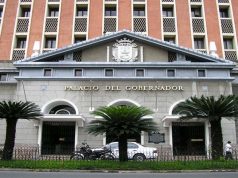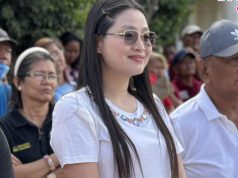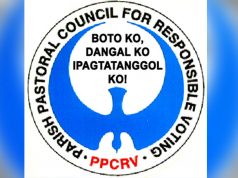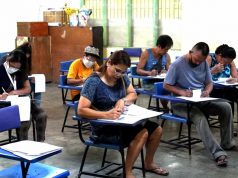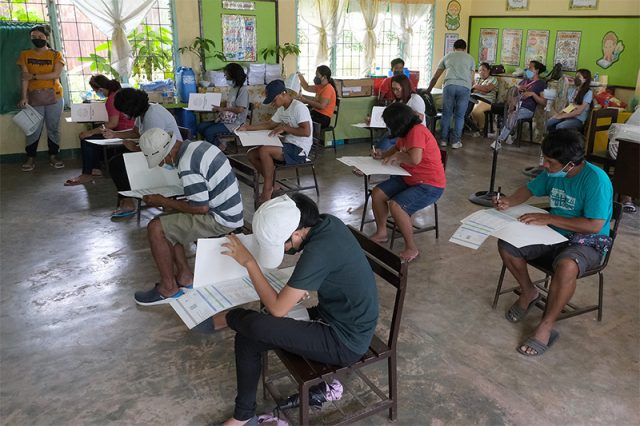
Election Day, May 9th, 2022, has come and gone. We are left with the election results. But who are the real losers and winners? Ten challenges confront us as individuals and as a nation.
1. The massive DISINFORMATION campaign over social media by a particular candidate and his party cannot just be brushed aside. Over the past five to ten years, we are told, this online campaign has been stealthily carried out, reaching the minds and fantasies of cell phone users even in the remotest areas of the country. The dissemination of fake news about the “golden era” of the Martial Law period, the rehabilitation of the Marcos name, the downgrading of the reputations of other candidates, the casting of heroes as villains and villains as heroes — all this was planned with deliberation and strategic targeting of socio-economic classes as well as age groups.
How can the country prevent this form of brainwashing and “vote buying” in future elections? There are cyber libel laws, but can they be easily implemented? Do we require senders of anonymous online messages to identify themselves? Frequent repetition of lies can eventually be accepted as the truth, a lesson from Goebbels of the Nazi regime.
2. The lack of HISTORICAL AWARENESS of the iniquities of Martial Law, particularly among the young voters who were born after the 70’s and 80’s, has been pointed out. Has our educational system failed to instill in the minds of the younger generation the horrors of this period, much in the same way that we have bitter memories of World War II in the Philippines? Have media people also failed to provide an accurate picture of those dire periods in our history? We need to correct these deficiencies for the sake of truth-telling, and also to honor the memory of those victimized by Martial Law. One of these victims was my classmate, Evelio Javier, former governor of Antique, who was killed on the eve of the EDSA People Power Revolution.
3. We hear reports of RAMPANT VOTE BUYING done openly on Election Day, or earlier at nights, or through various ways such as distributing ATM cards, installment payments given before and after voting, etc. Has vote buying become the accepted practice for winning elections? What about the honest politicians that do not allow this? One particular presidential candidate has carried out her campaign with meager means of support, much less by vote buying.
We have existing laws against vote buying. Do we need stricter implementation of these laws? Can COMELEC or PNP itself station special guards that do not simply stand by but keep an eye on lines of vote buyers and sellers in the vicinity of the polls? PPCRV volunteers have tried to take photos of some of these practices, but these are isolated cases.
4. In addition to buying of votes, we are witnessing the buying of mayors and other officials. Several millions of pesos are involved in these transactions. Likewise, POLITICAL DYNASTIES have refined the practice of “winning over” local public officials to their side. The question often raised is: where does the money come from? Is this from the personal wealth of the politician or from the plunder of the public treasury? Are there no longer restrictions to the amount of campaign funds a candidate can spend? And how should these be reported? Is our political culture hopelessly damaged in this regard?
5. Religious leaders on the whole remain non-partisan when they use the pulpit as official representatives of the Christian community. But do they exercise their PROPHETIC ROLE in forcefully denouncing moral issues — such as extra-judicial killings, disinformation, non-payment of taxes, etc.? Many have spoken on pro-life issues, but should the clergy also talk about Social Justice and Option for the Poor, as well as the need for Good Governance?
6. On the other hand, Filipinos may be too forgiving, as the Prime Minister of Singapore, Lee Kuan Yew, once memarked. They have allowed the DICTATOR’S FAMILY to return to the country, and run for public office again, even before massive plunder charges have been resolved. Earlier convictions have been set aside. (Some have said that the regimes under Cory and P’Noy Aquino were too forgiving and complacent in this regard). And so the country today allows ex-convicts to run for office. Some have become honorable Senators. Can we work for a law disqualifying automatically convicts from running for public office?
7. It has been pointed out that the Classes D and E comprise the vast majority of our voting population.
Classes A, B and C may comprise only about 10 per cent. The foremost spirit of the 1987 Constitution, according to ConCon Delegate Christian Monsod, was the provision of SOCIAL JUSTICE to focus on the needs of the lower-income sectors of Philippine society. It is also this group that has become vulnerable to the dissemination of fake news and interpretations of our history. Can we prod our public officials to move along these lines? One can appreciate the accomplishments of City Mayor Oscar Moreno, over his nine-year term, in putting up so many public school buildings, hospitals and day care centers, as well as providing cemented roads to remote barangays, for the people of Cagayan de Oro.
8. The election results indicate that one alliance of political dynasties has control of practically the executive and legislative branches of government. The Judiciary and COMELEC are also dominated by appointees of the present president. It is in this light that CIVIL SOCIETY (including NGO’s, media, the Church, and ordinary families) should undertake a greater role to maintain our cultural and religious values that should provide guidance for our political officials and economic managers. They can provide the missing check and balance with regard to public policies that touch on Human Dignity, the Common Good, and Option for the Poor.
9. The LENI CAMPAIGN PERIOD has demonstrated an outpouring of volunteerism and mutual help throughout the country in pursuit of a common goal. This spirit of servant-leadership should be carried on in various political activities like the coming barangay elections and future national elections. The church’s Basic Ecclesial Communities can also be structures for people empowerment and active participation in public affairs.
10. The COVID PANDEMIC has given us a new awareness of our interconnectedness. The vaccination drive, observance of health protocols, and operations of community pantries are all examples of how as people we can come and work together for a higher goal. Let us then move forward to help develop what Pope Francis calls, “a better kind of politics” and the promotion of “political love.”
—
Views and opinions expressed are solely those of the author Archbishop-Emeritus Antonio Ledesma, SJ.




